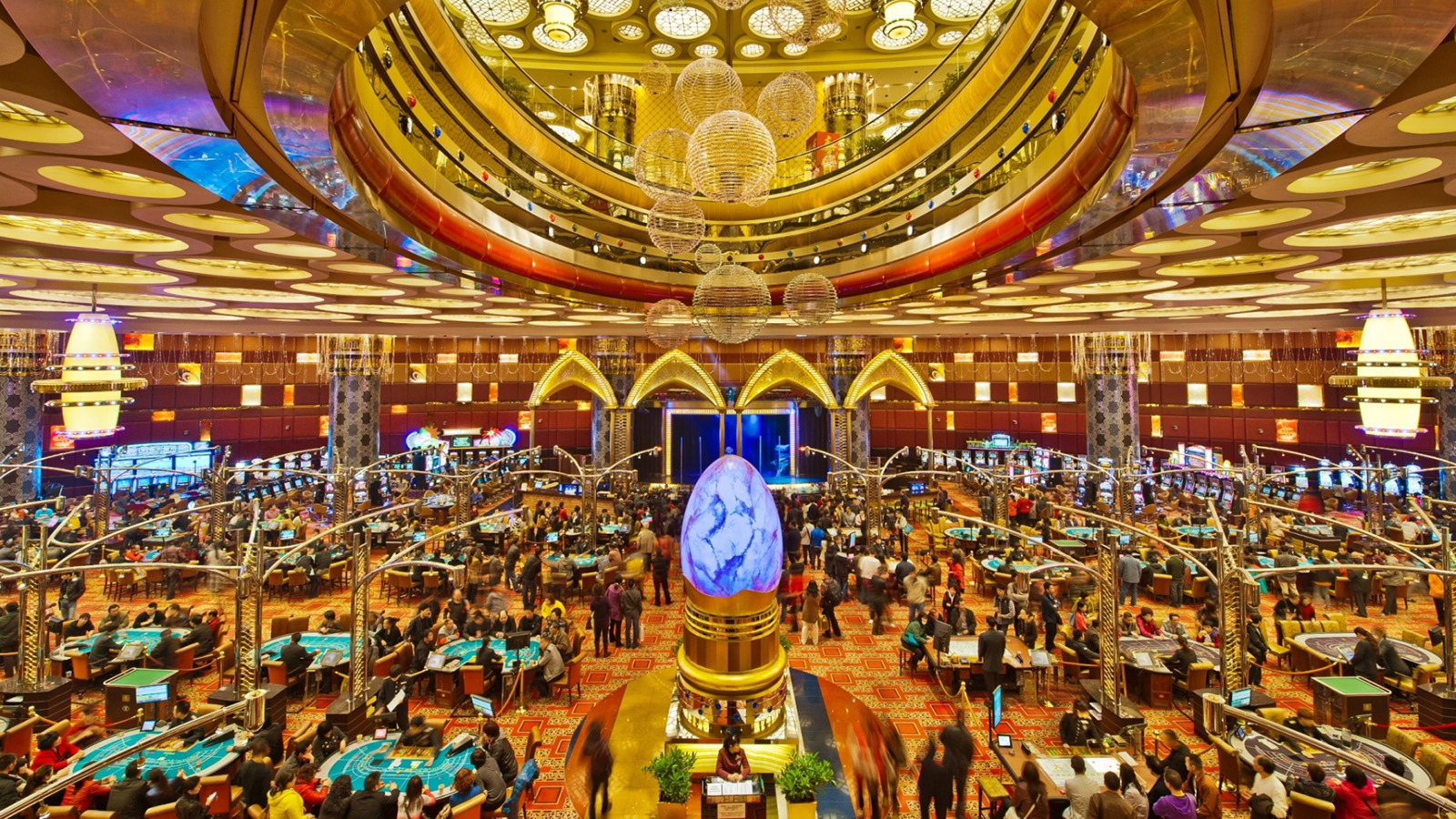
Gambling in casinos has long been a topic of interest and debate, drawing in millions of players globally. With a mix of chance, strategy, and the excitement of uncertainty, casino games offer an exhilarating escape from everyday life. However, as entertainment becomes ever more available, it invites a more thorough examination of the morality surrounding these games.
At the heart of the debate lies the question of whether casinos promote safe gambling or take advantage of at-risk individuals. The appeal of potential winnings versus the reality of losses can create a complex situation, and understanding this balance is crucial for both players and operators. As we delve into the ethics of casino gaming, we will explore the duties of casinos, the effects on society, and the steps that can be taken to foster a healthier gaming environment.
The Impact of Casino Gaming on Society
Casino gaming has a significant influence on the community, affecting not only the financial landscape but also social behaviors and community structures. The revenue generated from casinos can lead to job creation and boost local economies, as they provide numerous employment opportunities in different sectors including hospitality, entertainment, and shopping. However, while the economic advantages can be substantial, communities often struggle with the possible negative impacts that arise from higher gambling activity.
Additionally, the presence of casinos can lead to an rise in gambling addiction, presenting serious challenges for players and families. The excitement of casino games can quickly transform into a habitual habit, affecting personal relationships and leading to monetary issues. Many individuals may struggle with the loss of control over their gambling behaviors, resulting in a need for community support services and help to address this increasing issue. The social cost of addiction can extend through families and neighborhoods, creating an urgent need for responsible gaming initiatives.
In addition to the economic and social ramifications, casino gaming often reflects cultural attitudes towards uncertainty and leisure. It can encourage a sense of joy and leisure, attracting visitors and boosting tourism. Beste Online Casinos Schweiz However, this allure may also conceal the wider implications of gambling as a method of entertainment, raising ethical questions about its advertisement and accessibility. As communities weigh the benefits and disadvantages of casino gaming, the need for responsible practices and regulation becomes increasingly critical in ensuring that the beneficial elements are maximized while reducing the negative effects.
Ethical Concerns in Betting Activities
The morality of gambling gaming often center around the risk for addiction and its effects on people and families. Gambling can lead to significant monetary distress, impacting not only the betters but also their loved ones. As people become entrapped in the allure of winning, many lose track of their financial limits, which can result in catastrophic results such as insolvency. This poses moral questions about the responsibility of gambling establishments in promoting safe gaming habits and providing support for those who may be dealing with betting addiction.
Another critical issue is the advertising of betting to at-risk populations. Casinos often target low-income individuals or communities with the offer of fast gains, which can continue patterns of financial struggle and hopelessness. In this situation, the morality of advertising strategies used by casinos come under scrutiny, as they may take advantage of the need of individuals seeking an escape from financial hardships. This manipulation raises ethical questions about the integrity of the betting industry and its responsibility to protect its most vulnerable patrons.
Additionally, the impact of casino operations on society as a whole cannot be overlooked. While some argue that casinos create employment and boost local economies, others point to the social costs associated with problem betting, increased criminal rates, and a burden on public services. Balancing financial advantages with the risk for community issues presents a complex moral dilemma for policymakers and gambling operators alike. The challenge lies in finding a responsible approach that takes into account the well-being of people and communities while still permitting for the enjoyment of casino gaming.
Regulation Framework and Responsibilities
The oversight system pertaining to casino activities is created to ensure equity, trustworthiness, and participant safety. Multiple government agencies and casino commissions set and enforce regulations that dictate how casino operations work, the guidelines for activity design, and the processes for managing winnings. These regulations change by locale but usually involve licensing requirements for businesses and stringent measures to stop cheating and scams.
In furthermore to governing bodies, casino businesses bear significant responsibility in preserving principled standards within their venues. They must implement responsible gaming practices that support participant protection and awareness, including providing self-ban options and offering information about the dangers related to gaming. Establishments are also responsible for training workers to identify signs of problem gaming and be aware of the proper steps to support patrons in need.
Furthermore, transparency in gambling operations is vital for building and preserving public faith. Operators should provide clear data about the odds of activities, advertising offers, and any related dangers. By creating an environment of honesty and accountability, operators can help reduce the likelihood negative impact of gaming while boosting the overall gambling experience for all players.
